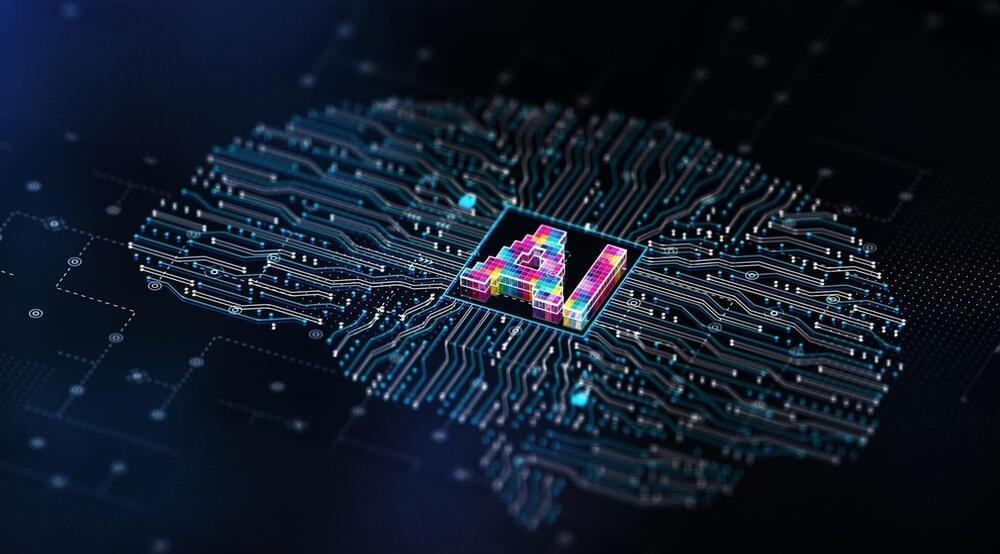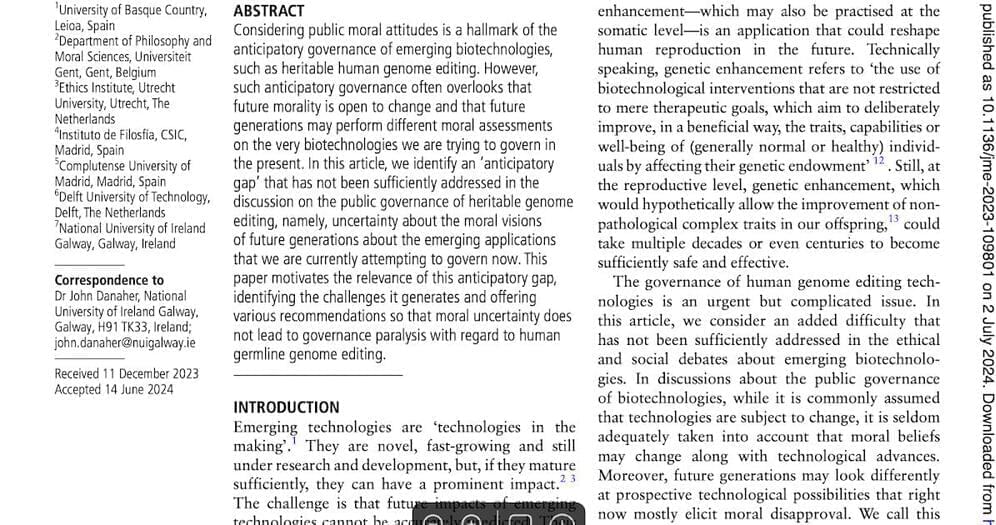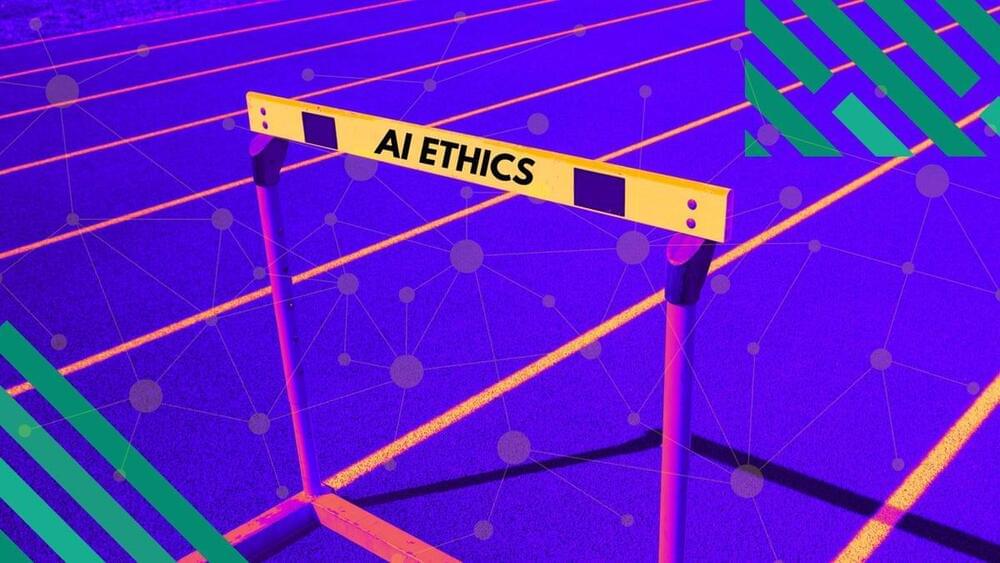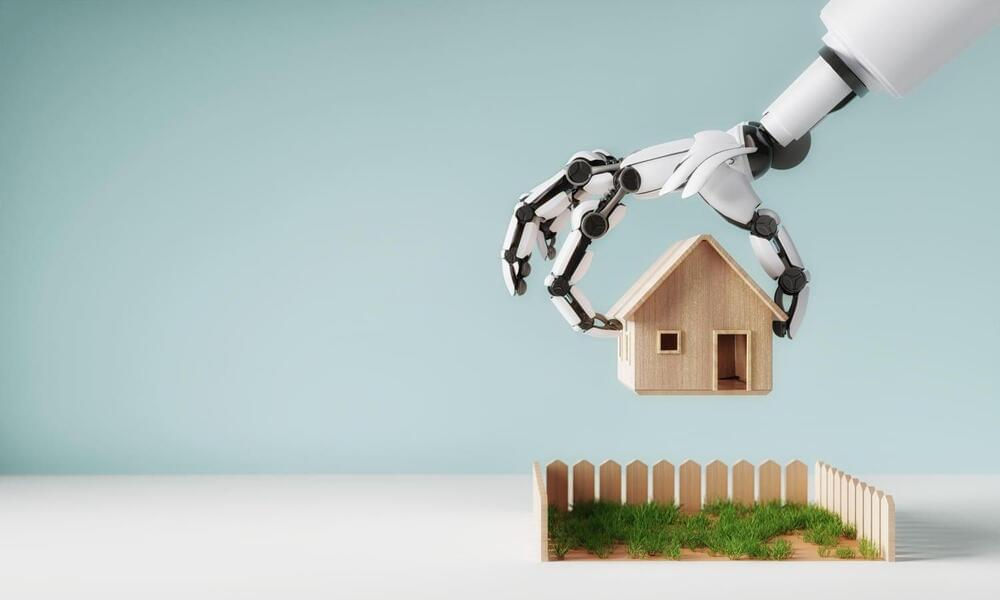What does it take for a kind, compassionate, and ethical person to commit acts of cruelty? Why do ordinary individuals sometimes cross the line into darkness?
In this video, we explore the psychological forces behind human behavior, delving into Philip Zimbardo’s groundbreaking Stanford Prison Experiment, Stanley Milgram’s obedience studies, and historical events that reveal the thin line between good and evil. From the power of authority and dehumanization to the roles society imposes, discover the mechanisms that can corrupt even the most virtuous among us.
But this isn’t just about others—it’s about you. Could you resist these forces? Are you aware of how they operate in your daily life?
By the end, you’ll learn practical strategies to recognize and resist these influences, uncovering your potential for moral courage, empathy, and heroism. This video will challenge your perspective on human nature and inspire you to act with integrity in a world where the battle between good and evil is ever-present.
Watch now to uncover the most transformative insight of all—the power of choice in shaping a better world.





